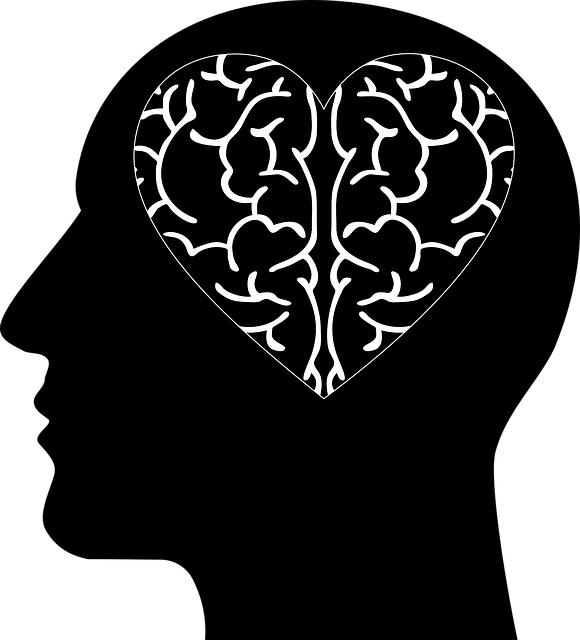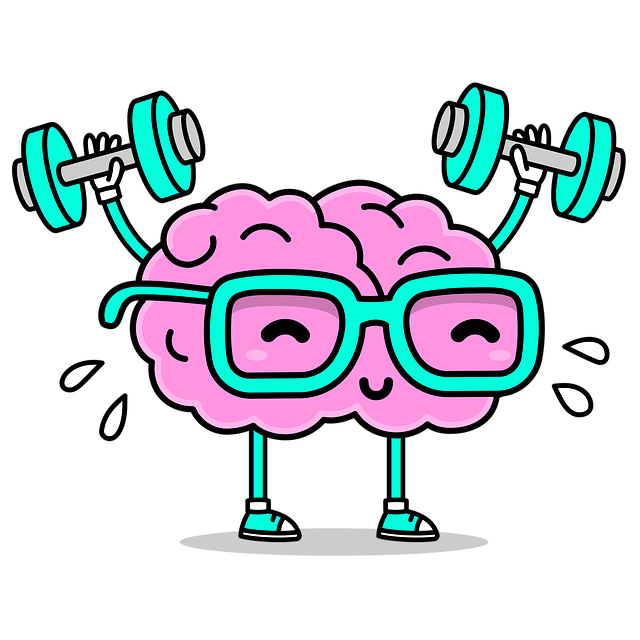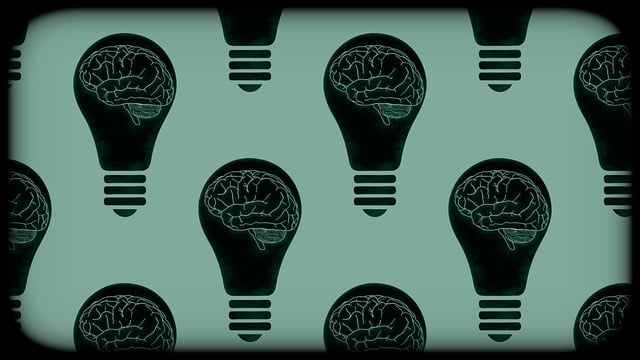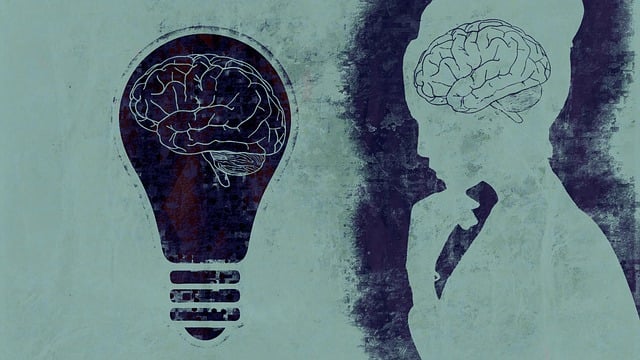Westminster EMDR Certified Therapy demonstrates effective community outreach through tailored programs addressing local needs. By engaging leaders, utilizing surveys & health data, and offering specialized therapies like EMDR, they target trauma victims and youth. Partnerships with schools, churches, and non-profits create a supportive network for mental wellness coaching and trauma support services. Careful planning, Mental Health Education, Conflict Resolution workshops, group therapy, and community events foster emotional well-being. Long-term evaluation measures sustained improvements in mental health outcomes, guiding program adjustments for maximum impact.
Community outreach programs play a pivotal role in enhancing well-being, especially in diverse urban centers like Westminster. This article explores strategies for implementing impactful initiatives that address local needs. We delve into identifying target groups, designing effective programs incorporating Westminster EMDR Certified Therapy techniques, and building partnerships with community leaders. Additionally, we provide practical tips for successful implementation and measuring long-term impact, ensuring sustainability and positive change in our metropolis.
- Understanding Community Needs: Identifying Target Groups for Outreach
- Designing Effective Programs: Incorporating EMDR Therapy Techniques
- Building Partnerships: Collaborating with Local Organizations and Leaders
- Implementing the Outreach Strategy: Strategies for Success and Engagement
- Measuring Impact and Sustainability: Evaluating Long-Term Benefits
Understanding Community Needs: Identifying Target Groups for Outreach

Effective community outreach programs begin with a deep understanding of local needs. Identifying target groups is a critical step in this process. By assessing the demographic makeup and specific challenges faced by various segments of the community, organizations can tailor their initiatives to address pressing issues. For instance, in urban areas like Westminster, EMDR Certified Therapy might be targeted at individuals struggling with trauma, while Social Skills Training could benefit children and youth who require support developing interpersonal competencies.
Understanding these needs involves engaging with community leaders, conducting surveys, and analyzing existing data on social determinants of health. Once target groups are identified, it becomes easier to design programs that offer tailored solutions. Incorporating Emotional Healing Processes, Self-Awareness Exercises, and other relevant interventions can foster resilience and well-being among the intended beneficiaries.
Designing Effective Programs: Incorporating EMDR Therapy Techniques

Effective community outreach programs require careful design to create meaningful and lasting impacts. Incorporating evidence-based therapeutic techniques like EMDR (Eye Movement Desensitization and Reprocessing) can significantly enhance their benefits. Westminster EMDR Certified Therapy offers a unique approach to addressing emotional challenges, making it an invaluable tool for such initiatives. By integrating these techniques, outreach programs can target not just symptoms but also the underlying causes of stress and trauma within the community.
This strategic inclusion facilitates Coping Skills Development and Stress Management Workshops Organization. Public Awareness Campaigns Development centered around EMDR can break down misconceptions and encourage individuals to seek help. The result is a more equipped and resilient community capable of navigating mental health issues effectively, ultimately leading to improved overall well-being.
Building Partnerships: Collaborating with Local Organizations and Leaders

Building strong partnerships with local organizations and leaders is a cornerstone of successful community outreach programs, particularly when offering services like Westminster EMDR Certified Therapy. By collaborating closely with established entities such as schools, churches, community centers, and non-profit agencies, it becomes possible to create a web of support that addresses the diverse mental health needs of the community. These partnerships enable the integration of Trauma Support Services and Mental Wellness Coaching Programs Development in a manner that respects existing infrastructures and leverages local knowledge.
Such collaborations foster resilience building within the community by providing a coordinated response to challenges. Leaders and organizations already trusted by their communities can help identify gaps in services, facilitate access to resources, and ensure that support is culturally sensitive and relevant. This collaborative approach not only enhances the reach and impact of outreach programs but also strengthens the social fabric by promoting mental wellness as a shared responsibility and collective goal.
Implementing the Outreach Strategy: Strategies for Success and Engagement

Implementing a successful community outreach strategy requires careful planning and tailored techniques. For Westminster EMDR Certified Therapy to make an impact, it’s essential to engage with the community in meaningful ways that promote emotional well-being. One effective approach is to design Mental Health Education Programs that raise awareness about mental health issues and provide practical Conflict Resolution Techniques. These programs can be delivered through various formats, such as workshops, seminars, or interactive online sessions, depending on the target audience and their accessibility needs.
By utilizing Emotional Well-being Promotion Techniques, organizations can foster a sense of connection and support within the community. This might involve hosting group therapy sessions, peer support meetings, or community events that encourage open dialogue about mental health challenges and solutions. Engaging with local schools, community centers, and faith groups can help build trust and ensure that the outreach strategy resonates with diverse populations. Consistent evaluation and adaptation of these programs based on feedback are crucial for long-term success and sustained engagement.
Measuring Impact and Sustainability: Evaluating Long-Term Benefits

Evaluating the long-term impact and sustainability of community outreach programs is crucial to understanding their true value. Measuring success beyond immediate outcomes, such as attendance or short-term behavior changes, reveals the deeper benefits that may emerge over time. For example, a Westminster EMDR Certified Therapy program aimed at improving emotional well-being could track participants’ mental health status years later, identifying any sustained improvements and the potential for reduced burnout prevention strategies among healthcare providers.
This long-term perspective also facilitates adjustments to existing outreach initiatives. By assessing what works and what doesn’t, organizations can tailor their programs more effectively, incorporating successful elements into future efforts. Moreover, this approach encourages a holistic view of community health, where emotional well-being promotion techniques complement social skills training, fostering more resilient and connected communities.
Community outreach programs, when designed with an understanding of local needs and implemented through strategic partnerships, can significantly enhance mental health services. Incorporating evidence-based techniques like EMDR therapy, as demonstrated by Westminster EMDR certified therapy professionals, ensures effective support for diverse communities. By collaborating with local organizations and leaders, these programs can achieve long-term sustainability and positively impact the lives of those they serve. Effective outreach strategies tailored to specific groups not only address immediate needs but also foster resilient and connected communities.














